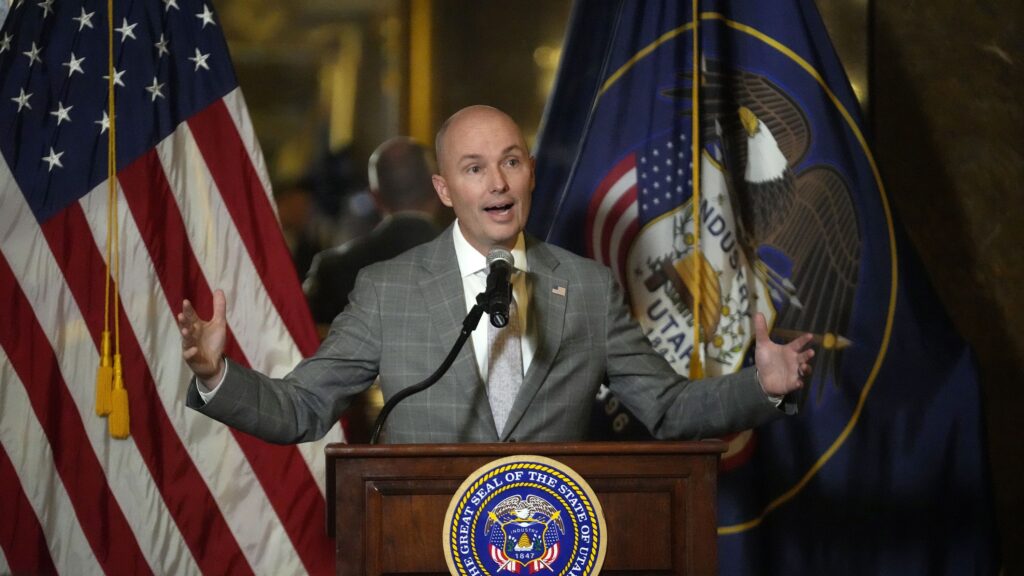SLOAN | What’s in it for Russia


At the beginning of this week, it seemed all but certain that war was going to break out imminently in the Ukraine. A date of Feb. 16 was even offered up as the day the bombs would start dropping, the U.S. government reduced its embassy in Kyiv to just the ambassador and military attaché’s, and major airlines were warned by their insurance companies to cease all flights over Ukrainian airspace.
Now, as I write this on Tuesday evening, there have been reports that some Russian units are pulling back from the Ukrainian border. And yet, other reports indicate that those are not forward-deployed units in any case. Oh, and there were also reports of Russian cyber-attacks on the Ukrainian Defense Ministry.
So really, about the only thing I can boldly predict is that by the time you read this Russia will either have invaded Ukraine or it will have not.
It is difficult to argue that Russia, and its strongman leader Vladimir Putin, has not been orchestrating this whole thing expertly. The fact is that however they choose to play this out it could be to Putin’s advantage. Even a major ground war, with all of the human and financial costs, would likely ultimately work in Putin’s favor, as the benefits of acquiring Ukrainian resources, additional land mass, and other strategic advantages help to tip the scales in favor of invasion.
Putin has been preparing Russia for the economic consequences of that would befall his nation in the event he pulls the trigger, so he has relatively little to lose from committing his forces; though probably as much, or more, to gain by keeping this going for as long as possible.
So what’s in it for Russia? Well, there is the obvious, and the primary concession Russia is ostensibly seeking in its militaristic threats – the denial of NATO membership to the Ukraine. From both a moral and a strategic point of view, it makes sense for the alliance to welcome the Ukrainians, but the longer this plays out the more likely Western will is to fold on that key issue.
Russia has other strategic interests to consider as well. Greater control of the Black Sea, for one, which would mean less-fettered access to the Mediterranean, without having to go all around Europe from the North. This is an often-overlooked concern, but it is helpful to remember the lessons of geography. As Robert Kaplan wrote a decade ago in his masterful work “The Revenge of Geography,” Russia is to a considerable extent a landlocked country – aside from frontage in the Pacific and a sliver along the Baltic Sea, most of Russia’s coastline is along the usually frozen Arctic Ocean. And land powers are, as Kaplan reminds us, perennially insecure, lacking the protection afforded by oceans. Couple that with Russia’s general lack of natural physical barriers to the west, and one can begin to understand Russia’s historic insecurity, which manifests itself in near perpetual paranoia.
Putin has other, more practical considerations in mind as well. For instance, the crisis, and the military buildup it catalyzes, affords the Russians a unique opportunity to measure their technology against ours. Importantly, they now have the opportunity to do something they have been long denied – test the capabilities of their air defense target acquisition systems up against American fifth generation fighter planes, in particular the F-35. If nothing else, this entire episode can be mined as one big intelligence exercise for the Russian military.
Putin likely has domestic concerns as well. As much as he may fear military vulnerability, he fears his own people nearly as much. The Russians are a very nationally proud people. Cultivating a common cause – maybe not so much picking on Ukraine, per se, but standing up to the West – helps keeps the Russian people distracted from the corruption of the Kremlin, and ergo, helps keep Putin on his de facto throne.
And while he is doing all of this, his bellicose stance has served to expose fissures within the NATO alliance, fissures exacerbated by weak U.S. leadership and increasingly self-imposed European reliance on Russian energy.
So the whole thing is a win-win for Putin’s Russia. It is a coordinated, calculated strategy that requires a coordinated, calculated strategy to counter. That would call for, among other things, a substantial pivot on the part of the Biden administration. It’d be one away from massive and inflationary domestic social spending and the embrace of trendy-left distractions. It’d be toward a stronger national security agenda, including the adoption of realistic energy policies.
Equilibrium is achieved through strength, and the current trajectory of American public policy diminishes it – at perhaps the worst possible time.
Kelly Sloan is a political and public affairs consultant and a recovering journalist based in Denver.












